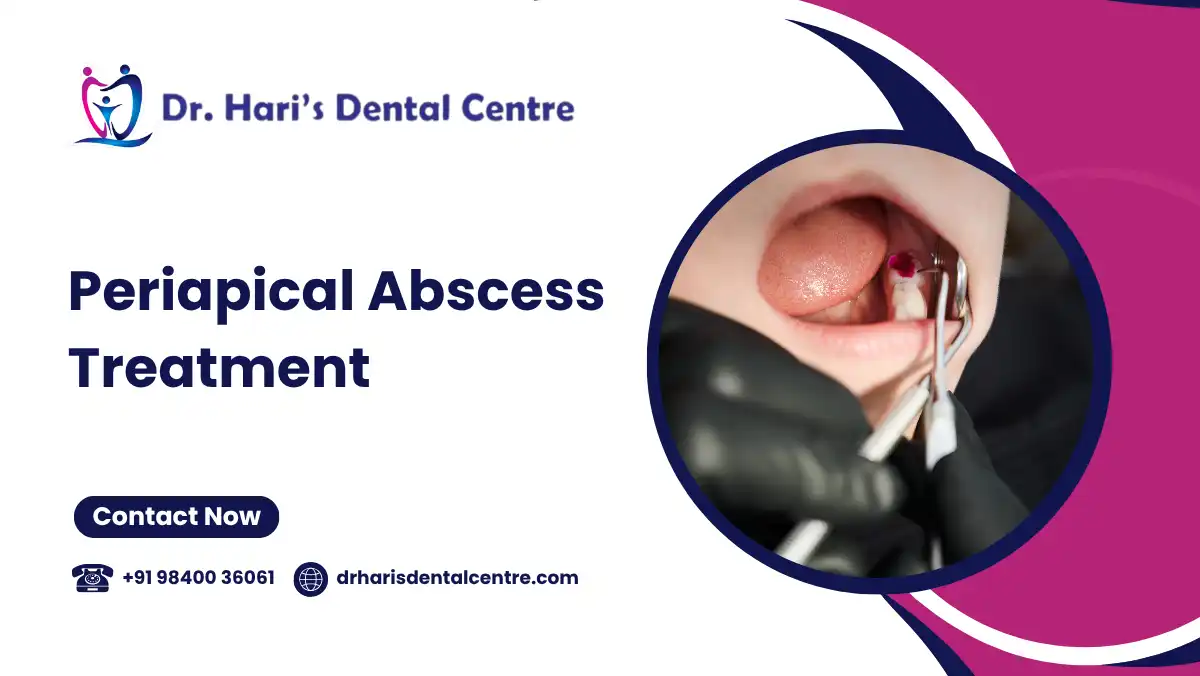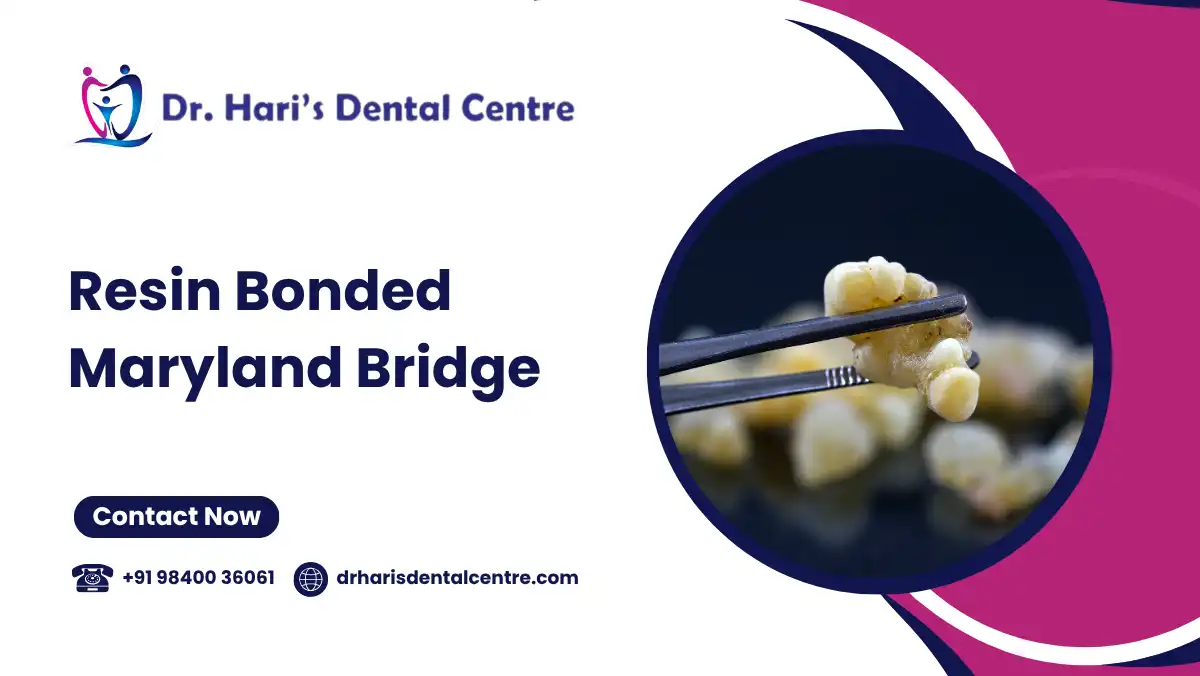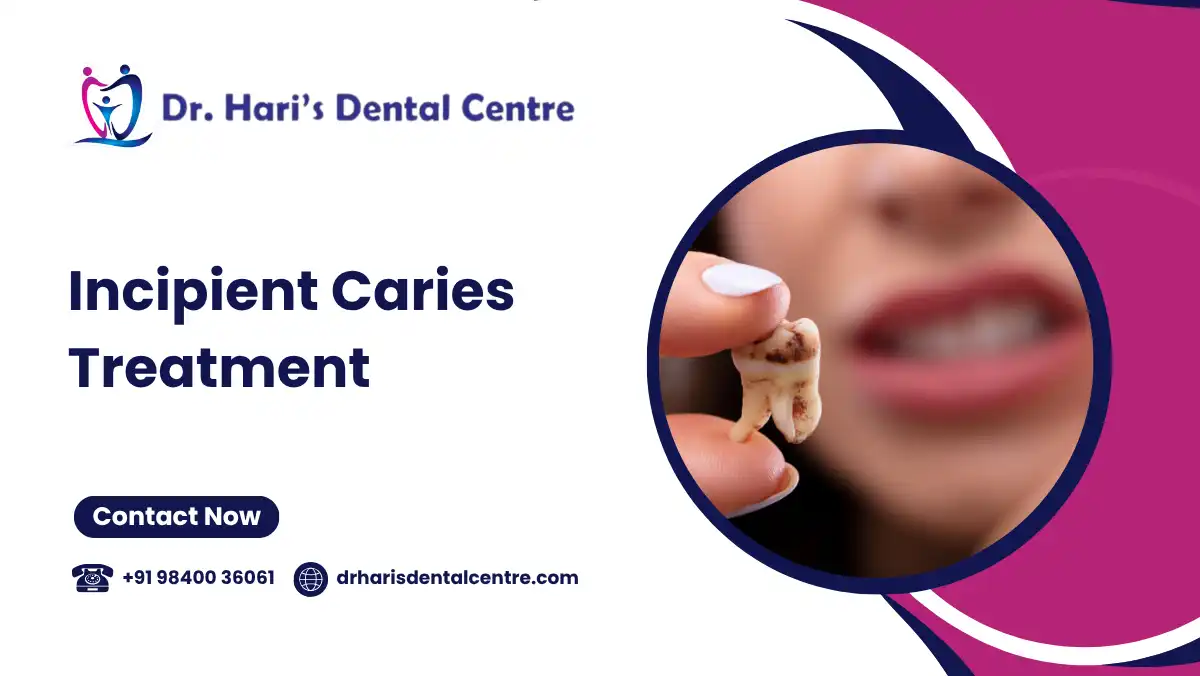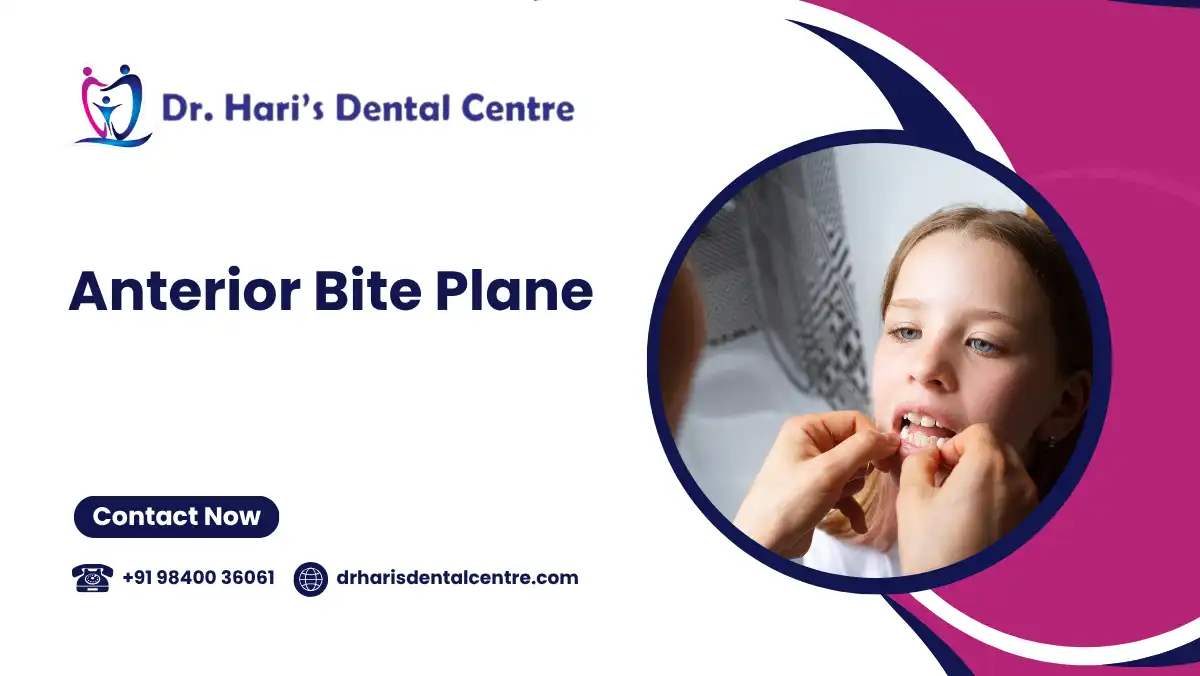Pediatric dentistry focuses on the oral health of children from infancy through adolescence. It involves preventive care, diagnosis, and treatment of dental issues to ensure healthy teeth and gums. Establishing good dental habits early is essential for long-term oral health. According to studies, nearly 50% of children experience dental cavities by age five, highlighting the importance of early intervention. Pediatric dentists specialize in child-friendly approaches to make dental visits a positive experience while educating parents on best practices for oral hygiene.
Pediatric Dental Care
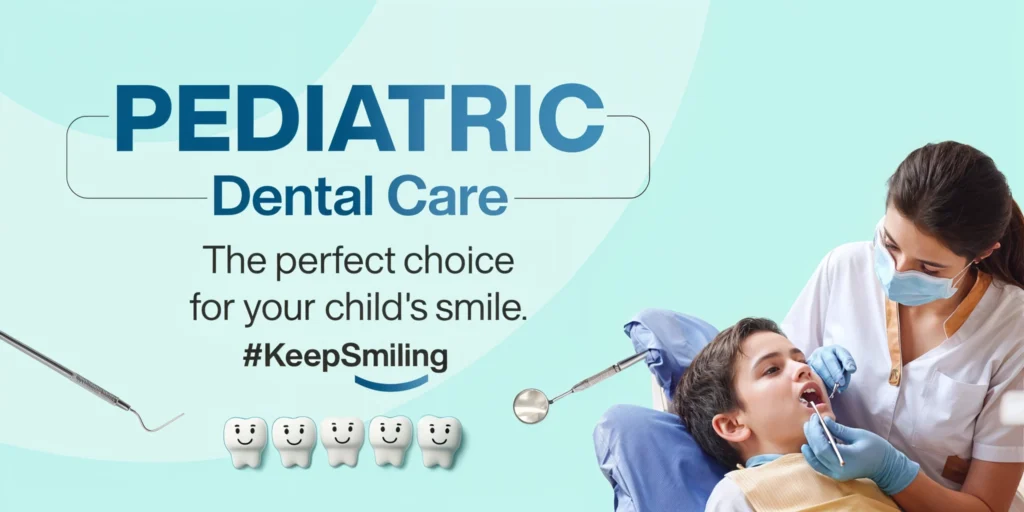
Pediatric dental care encompasses comprehensive oral health management for children, ensuring proper tooth development and preventing dental problems. Early visits help detect issues such as cavities, misalignment, and gum diseases before they become severe. Preventive care includes fluoride treatments, sealants, and routine cleanings to maintain healthy teeth and gums.
- Regular checkups every six months help in the early detection and prevention of dental complications, ensuring a lifetime of good oral health.
- Pediatric dentists provide expert guidance on diet and nutrition, helping parents choose foods that promote strong teeth and prevent cavities.
- Early orthodontic evaluations help in diagnosing and addressing bite irregularities and jaw development concerns, preventing future complications.
Professional pediatric dental care creates a foundation for lifelong oral health. The approach is tailored to children’s unique needs, ensuring a positive experience that encourages long-term compliance with good dental habits.
Children’s Oral Health
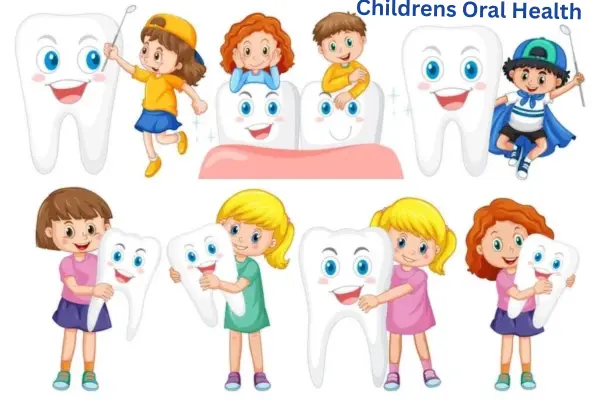
Children’s oral health is crucial for overall well-being, impacting speech, nutrition, and self-confidence. Establishing proper hygiene routines early helps prevent common issues such as tooth decay, gum infections, and enamel erosion. Pediatric dentists emphasize early intervention and education to instill lifelong oral care habits.
- Brushing with fluoride toothpaste twice daily strengthens enamel, helps remineralize weak spots, and significantly reduces the risk of cavities and tooth decay.
- Regular flossing is essential for removing plaque and food particles from between teeth, reducing the risk of gum disease and keeping gums healthy.
- Limiting sugary foods and drinks, including candies, sodas, and processed snacks, minimizes the chances of bacterial growth and tooth decay.
Parental involvement is essential in ensuring proper brushing techniques and maintaining a balanced diet. Early education on oral hygiene fosters responsibility and encourages children to prioritize their dental health, leading to fewer complications as they grow.
Kids’ Dental Treatment
Kids’ dental treatment involves various procedures designed to address common dental concerns in children. Early detection and management of issues such as cavities, misaligned teeth, and gum infections contribute to optimal oral health. Pediatric dentists use advanced techniques to ensure gentle, effective treatment for young patients.
- Fluoride applications strengthen developing teeth by providing essential minerals, making them more resistant to decay and acid attacks from plaque.
- Dental sealants are applied as a protective layer over molars, preventing bacteria and food particles from settling into grooves and causing cavities.
- Painless cavity treatments use modern, minimally invasive techniques such as laser dentistry and air abrasion to restore damaged teeth without causing discomfort.
Minimally invasive approaches, such as laser dentistry, have made pediatric dental treatments more comfortable and effective. Pediatric specialists ensure that treatments are tailored to the child’s needs, making the experience stress-free while promoting positive oral hygiene practices.
Child-Friendly Dentistry
Child-friendly dentistry focuses on creating a welcoming and comfortable environment for young patients. Pediatric dentists use specialized techniques to reduce anxiety and ensure a pleasant experience. By incorporating interactive elements and a gentle approach, dental visits become enjoyable rather than intimidating.
- Sedation options, including nitrous oxide and mild oral sedatives, are available for anxious children to ensure a relaxed and stress-free dental visit.
- Fun and engaging dental clinics often feature themed waiting areas, interactive games, and child-friendly staff to create a positive association with dental care.
- Child-sized equipment, including smaller dental chairs and specialized instruments, ensures maximum comfort and safety for young patients during treatments.
A child-friendly approach fosters trust and cooperation, making regular visits more manageable. Pediatric dentists build rapport with children, educating them about oral care in an engaging way that ensures a lifetime of healthy dental habits.
Best Pediatric Dentist
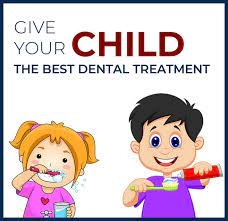
Choosing the best pediatric dentist is essential for a child’s oral health and overall well-being. A skilled pediatric specialist provides expert care while creating a nurturing environment for young patients. Experience, patient-centered care, and a gentle approach are key factors in selecting the right professional.
- Certified pediatric dentists undergo additional training beyond general dentistry, equipping them with specialized knowledge to handle children’s unique oral health needs effectively.
- A compassionate approach, including clear communication and a warm demeanor, helps build trust with children and reduces dental anxiety, ensuring a positive experience.
- A focus on prevention involves comprehensive education on oral hygiene, preventive treatments like fluoride applications, and routine checkups to maintain optimal dental health.
Finding a reputable pediatric dentist ensures comprehensive dental care tailored to children’s unique needs. A trusted specialist prioritizes preventive care, early intervention, and a positive experience, promoting lifelong oral health.
Groper Appliance for Pediatric Spacing
The Groper appliance is a fixed orthodontic device used in pediatric dentistry to manage space in the arch after premature loss of primary teeth. This appliance is particularly beneficial in maintaining the position of adjacent teeth and guiding the proper eruption of permanent successors, thereby reducing the need for future orthodontic treatment.
- Clinical Benefits: Early intervention with a Groper Appliance for Pediatric Spacing can significantly reduce the likelihood of orthodontic complications in adolescence. It helps maintain oral function, improves self-esteem by restoring the child’s smile, and supports normal tongue positioning and phonetics.
- Purpose and Design: The Groper appliance is designed with a looped wire framework and composite resin teeth, replacing missing anterior primary teeth. It not only maintains space but also restores aesthetics and function, making it ideal for young children with early tooth loss.
- Pediatric Applications: Commonly used when primary incisors are lost prematurely due to trauma or caries, it prevents drifting of adjacent teeth and supports proper speech development. By preserving the space, it minimizes malocclusion risks and helps maintain a balanced dental arch.
- Material and Placement: Typically cemented to the molars, the appliance is made of stainless steel wire and acrylic or composite materials that simulate natural teeth. Its fixed design ensures durability and eliminates the need for patient compliance, which is crucial in pediatric patients.
Key Features of a Groper Appliance
The Groper Appliance for Pediatric Spacing is a specialized space maintainer designed for pediatric patients who have lost anterior primary teeth prematurely. It serves both functional and aesthetic roles, ensuring that oral development continues without interruption during crucial growth periods.
- Fixed Design and Durability: Cemented to the molars with stainless steel bands and acrylic or composite resin teeth, the appliance offers stability without requiring active participation from the child. Its fixed nature ensures continuous function and minimizes the risk of misplacement or breakage.
- Space Maintenance: The primary function of the Groper appliance is to preserve the space left by prematurely lost anterior teeth. This prevents mesial drift of adjacent teeth, which could otherwise lead to malocclusion or crowding in the permanent dentition.
- Aesthetic Restoration: Incorporating artificial anterior teeth, the appliance restores the child’s smile and facial appearance. This aesthetic component supports psychological well-being and reduces self-consciousness, especially in social settings or school environments.
- Speech and Oral Function: By maintaining anterior tooth position, the appliance aids in proper phonetic development and helps prevent speech impediments. It also assists in guiding tongue posture and supports efficient mastication of soft foods.
Conclusion
Pediatric dentistry plays a crucial role in maintaining children’s oral health and setting the foundation for a lifetime of healthy teeth and gums. Early dental care prevents common issues and encourages good hygiene habits from a young age. Regular visits to a pediatric dentist, combined with proper oral hygiene at home, significantly reduce dental complications. Choosing a skilled pediatric dentist ensures gentle, specialized care tailored to children’s unique needs, fostering a positive and comfortable experience. Investing in pediatric dentistry leads to healthier smiles and greater overall well-being for children as they grow.








